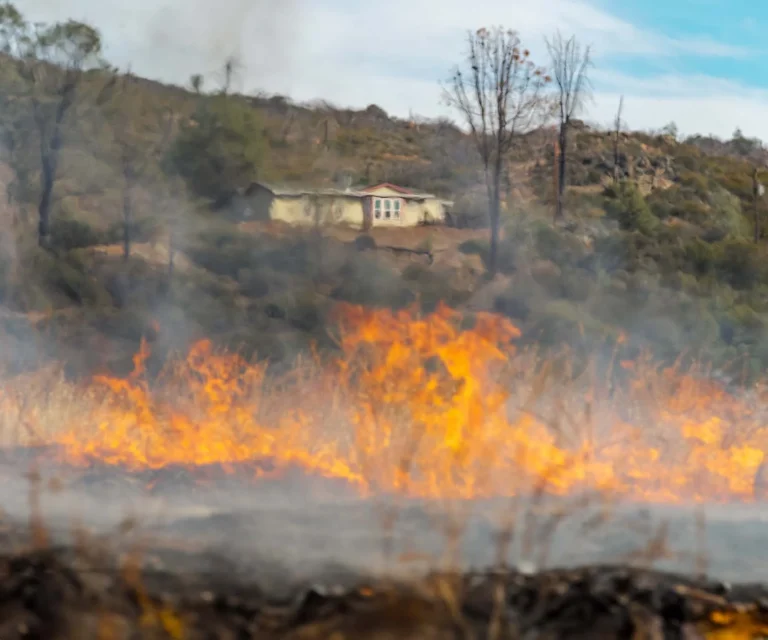Ranting, a cathartic yet often misunderstood phenomenon, has found its way into our daily interactions, impacting individuals and relationships. In this article, we delve deep into the intricacies of “Thee Rant,” exploring its origins, psychological underpinnings, and the effects it has on personal well-being and social dynamics.
- Introduction
- Understanding The Phenomenon
- The Impact on Individuals Thee Rant
- Identifying Signs of Ranting Thee Rant
- Root Causes of Thee Rant
- Navigating Ranting in Relationships
- Social Media and Thee Rant
- The Art of Effective Venting Thee Rant
- How to Respond to Thee Rant
- Cultural Perspectives on Ranting
- Global Attitudes:
- Cultural Impact on Communication:
- Personal Stories and Experiences
- The Therapeutic Aspect of Writing Thee Rant
- Breaking the Cycle of Thee Rant
- Community Building Against Ranting
- Conclusion
- FAQs
Introduction
Thee Rant Defined:
At its core, “Thee Rant” refers to an expressive outburst of frustration, typically conveyed through verbal means. Understanding this phenomenon is crucial in addressing the potential harm it may cause to individuals and relationships.
Understanding The Phenomenon
Evolution of Thee Rant:
From ancient times to the digital age, ranting has evolved, reflecting societal changes. We explore the historical roots of ranting and its contemporary manifestations.
Psychological Aspects Thee Rant:
Delving into the mind, we unravel the psychological aspects that drive individuals to engage in ranting behavior. Exploring the cathartic release and emotional relief it provides.
The Impact on Individuals Thee Rant
Stress and Mental Health Implications:
Ranting, while momentarily relieving, can take a toll on mental health. We examine Thee Rant stressors associated with ranting and its potential long-term effects on well-being.
Relationship Dynamics Thee Rant:
How does ranting affect relationships? We explore Thee Rant dynamics between partners, friends, and family members when faced with regular outbursts.
Identifying Signs of Ranting Thee Rant
Verbal Cues:
Recognizing the language patterns and verbal cues that indicate a rant is crucial for effective communication.
Non-Verbal Indicators Thee Rant:
Sometimes, ranting isn’t just about words. We explore the body language and non-verbal cues that accompany a rant.
Root Causes of Thee Rant
Stressors and Triggers:
Understanding the underlying stressors that trigger Thee Rant helps in addressing the root causes. We delve into the sources of frustration that lead to verbal venting.
Coping Mechanisms Thee Rant:
Are there healthier alternatives to ranting? We explore coping mechanisms and strategies to deal with stress in a constructive manner.
Navigating Ranting in Relationships
Communication Strategies Thee Rant:
Effective communication is key. We provide practical strategies for navigating ranting within relationships, fostering understanding and empathy Thee Rant.
Also Read : try hard guides wordle
Professional Help Thee Rant:
When is it time to seek professional guidance? We discuss the signs that indicate the need for professional intervention.
Social Media and Thee Rant
Online Platforms and Rant Culture:
The digital era has brought ranting to new heights. We explore Thee Rant impact of online platforms on rant culture and community dynamics.
Impact on Online Communities Thee Rant:
How does ranting affect online communities? We analyze the repercussions and Thee Rant role of moderation in fostering positive discourse.
The Art of Effective Venting Thee Rant
Constructive Venting vs. Ranting:
Drawing a line between healthy venting and destructive ranting. We discuss how individuals can express frustration in a constructive manner.
Healthy Outlets Thee Rant:
What are the alternatives to ranting? We explore various outlets for emotional expression, promoting mental well-being.
How to Respond to Thee Rant
Active Listening Thee Rant:
Being an effective listener is crucial. We provide tips on active listening to understand the underlying emotions behind a rant.
Offering Support :
Supporting someone without enThee Rant abling negativity requires a delicate balance. We offer insights into providing assistance without reinforcing destructive behavior.
Cultural Perspectives on Ranting
Global Attitudes:
Attitudes towards ranting vary worldwide. We explore cultural influences on communication styles and the acceptance of expressive venting.
Cultural Impact on Communication:
How does culture shape communication styles? We discuss the role of cultural background in shaping individual expressions of frustration.
Personal Stories and Experiences
Real-Life Anecdotes:
To add a human touch, we share personal stories of individuals dealing with ranting. Real experiences highlight the challenges and growth that can arise from these situations.
Lessons Learned:
What lessons can be gleaned from personal experiences? We explore the insights gained from navigating the challenges of ranting.
The Therapeutic Aspect of Writing Thee Rant
Journaling for Self-Reflection:
Writing as a therapeutic tool. We discuss the benefits of journaling for self-reflection and emotional processing.
Writing as a Cathartic Release:
How can putting thoughts into words be a cathartic release? We explore the therapeutic aspect of writing as a means to cope with frustration.
Breaking the Cycle of Thee Rant
Self-Awareness Thee Rant:
Taking responsibility for one’s emotions is the first step. We delve into the importance of self-awareness in breaking the cycle of ranting.
Healthy Communication Habits:
Adopting healthier communication habits is crucial Thee Rant for long-term positive interactions. We provide practical tips for cultivating effective communication.
Community Building Against Ranting
Fostering Understanding and Empathy:
Building a community that understands and empathizes with individuals prone to ranting. We discuss strategies for fostering a supportive environment.
Creating Supportive Environments:
How can communities contribute to positive communication? We explore Thee Rant role of community leaders and members in creating supportive environments.
Conclusion
In conclusion, understanding “Thee Rant” is essential for fostering healthier communication and relationships. By recognizing the signs, addressing root causes, and promoting positive outlets for venting, individuals and communities can navigate the complexities of verbal venting with empathy and understanding.
FAQs
- Is ranting always a negative behavior?
- Ranting can serve as a release, but its impact depends on the frequency and context. In some cases, it may indicate underlying issues that need attention.
- How can I differentiate between ranting and constructive venting?
- Constructive venting typically focuses on expressing emotions without attacking others. Ranting may involve negativity and blame.
- Should I intervene if someone is ranting?
- Approach with empathy and offer support if appropriate. However, professional intervention may be necessary in certain situations.
- Can ranting be a cultural norm?
- Yes, cultural attitudes towards expressing frustration vary. It’s essential to understand cultural nuances when navigating communication styles.
- Is online ranting different from face-to-face ranting?
- Online ranting can be more intense due to anonymity and the lack of immediate consequences. Moderation and community guidelines play a crucial role in online spaces.






